It’s been said before, but, in the foundations of winning, Hustling is a key cornerstone. As often observed in sports, business, or any area demanding relentless competitiveness, it’s the quintessential difference-maker—the trait that often sets the exceptional apart from the ordinary. It’s a defining superpower, a competitive tool, a unique differentiator, and a core component of any winning strategy.
The Decision that leads to Hustling
Geno Auriemma, the esteemed coach of the UConn women’s basketball team, insists that “Attitude is a choice.” So too, is the decision to hustle. Hustle isn’t merely about raw effort. It’s strategic and purposeful. Like Auriemma’s squads meticulously dissecting their opponents on the court, you, in life and business, have to understand your competition and the dynamics of your playing field. Hustling is about reading the game, anticipating the next moves, and responding with unmatched swiftness and decisiveness.
But hustle doesn’t mean being reckless. It’s rapid, yes, but it’s also calculated. It’s about making your presence felt, creating opportunities, and seizing control. A true hustler is a disruptor, altering the course of the game.
Hustling as a Strategy
Hustle isn’t a standalone trait; it’s intrinsically woven into the fabric of a winning strategy. John Wooden, the Wizard of Westwood, was known to say, “Talent is God given. Be humble. Fame is man-given. Be grateful. Conceit is self-given. Be careful.” When the talent on the court is well-matched, the team that hustles—that gives a little more, fights a little harder—often tips the balance in their favor.
Your strategic hustle involves determination, resilience, and an unyielding will to win. It means running for every loose ball as if your life depends on it. Because, metaphorically, it does. Your future, your success, your victory—they all hang in the balance.
Differentiation Through Hustle
In a world where everyone is working towards achieving greatness, hustle is what sets you apart. It’s the mark of your identity, an unwavering testament to your determination and grit. Your relentless pursuit of your goals underscores your hustle, making you stand out from the crowd. When the going gets tough, your hustle will carry you through.
In the words of Croix Sather, the “Marathon Man” of motivation and peak performance, “If you don’t challenge yourself, you will never realize what you can become.” Hustle is your challenge to yourself, an unspoken pledge to push your limits.
Building Your Hustle Muscle

There will be days when your spirit will flag and your motivation will hit rock bottom. On such days, recalling the wisdom of Jim Rohn, the motivational speaker who said, “Either you run the day or the day runs you,” can be particularly useful. Rohn understood that developing your hustle muscle might not be straightforward, but it’s essential.
Start with small steps, maintain consistency, and soon, your hustle muscle will become stronger. If you stumble, learn to pick yourself up and get back in the game. Resilience is the true essence of hustle.
Tony Robbins, the renowned life coach, often reminds us that “The only impossible journey is the one you never begin.” Similarly, you can’t build your hustle muscle if you never start. So, kickstart your journey, however daunting it might seem, and let your hustle guide you.
Spreading the Hustle
In any team or organization, fostering a culture of hustle can turbocharge the path to success. As a leader, your hustle should inspire your teammates. Let them witness your drive, your passion, your unrelenting pursuit of your goals. Set an example; become the embodiment of hustle.
Just as Coach K did at Duke, Dean Smith did at North Carolina, and John Wooden did at UCLA, be the kind of coach who encourages, uplifts, and instills the power of hustle in your team. Remember, hustle is contagious. Encourage it, and it will spread like wildfire.
In conclusion, the power of hustling is undeniable. It is a superpower, a beacon guiding you to victory. It’s a competitive tool, a key strategy, and a unique differentiator. So, embrace the grind, let your hustle roar, and watch as it carves the path to your success. The wisdom of these coaching legends, motivational speakers, and high-performance experts reinforces one undeniable truth: Winning isn’t merely given—it’s earned, and hustling is integral to that journey.
Comments, please
Please leave a note at the bottom of this post and tell us what you liked and what we might have missed. We appreciate that you are hustling and hopefully your words will inspire some of the others that are hustling as well.
Top 10 – Bonus resources re: Hustling:
Here are some additional places that you can get valuable information. Most are links to books on Amazon.com (and you can help us out if you purchase through the links, at no cost to you).
“Wooden: A Lifetime of Observations and Reflections On and Off the Court” by John Wooden
A rich account of Coach Wooden’s life principles, lessons learned from basketball, and the philosophy behind his coaching success, this book delves deep into Wooden’s ideas of success, teamwork, and hustle.
“Geno: In Pursuit of Perfection” by Geno Auriemma
This autobiography of Coach Geno Auriemma details his journey to becoming one of the most successful coaches in women’s college basketball history. His relentless hustle, resilience, and pursuit of perfection are recurring themes.
“Leading with the Heart: Coach K’s Successful Strategies for Basketball, Business, and Life” by Mike Krzyzewski
Coach K shares insights into his leadership style, team-building techniques, and the role of hustle in his coaching approach, making this book a must-read for anyone seeking to understand the power of hustle.
“A Coach’s Life: My 40 Years in College Basketball” by Dean Smith
Smith shares his experiences from his coaching career, including how he fostered a culture of hustle in his teams. His perspective on the role of hard work in success is enlightening.
“Awaken the Giant Within” by Tony Robbins
Robbins shares his insights on how to master your emotions, body, relationships, finances, and life. His concepts on taking massive action and unleashing your power—essentially, hustling—resonate with the theme of our chapter.
“The Art of Exceptional Living” by Jim Rohn
Rohn presents his philosophy on life, success, and personal development. His ideas on taking control of your day, managing your time effectively, and consistently pushing your limits align closely with our exploration of hustle.
“Dream Big Act Big: Breakthrough and Unleash the SUPERSTAR Within You (“Run Across America” Special Edition)” by Croix Sather
In his book, Sather shares what it took for him to decide (and run) an ultra-marathon across America. His emphasis on challenging oneself and pushing one’s limits ties in perfectly with our discourse on hustle.
“The Talent Code: Greatness Isn’t Born. It’s Grown. Here’s How.” by Daniel Coyle
Coyle explores how talent is developed through a combination of deep practice, ignition, and master coaching. His discussion of hustle as a tool for developing talent offers valuable insights.
“Relentless: From Good to Great to Unstoppable” by Tim S. Grover
As the trainer for athletes like Michael Jordan and Kobe Bryant, Grover shares his philosophy on mental toughness, tenacity, and the relentless hustle required to achieve greatness.
“Grit: The Power of Passion and Perseverance” by Angela Duckworth
Duckworth delves into the concept of “grit,” a blend of passion and persistence that drives high achievers. Her insights on the role of nonstop effort and resilience in long-term success make this book an excellent companion to our chapter on hustle.
Did you leave a comment about Hustling?
When would NOW be a good time to do that? Coach Wheeler wants to hear your story of Hustling! What challenges did you overcome by Hustling?


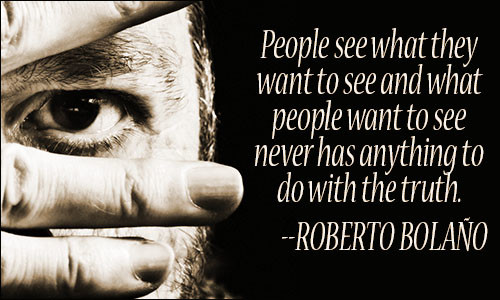

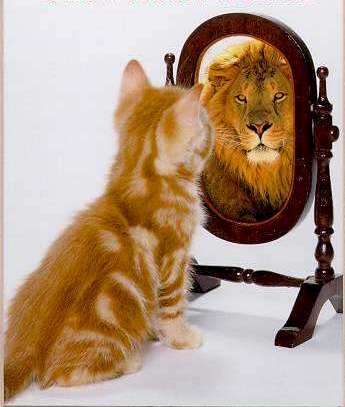
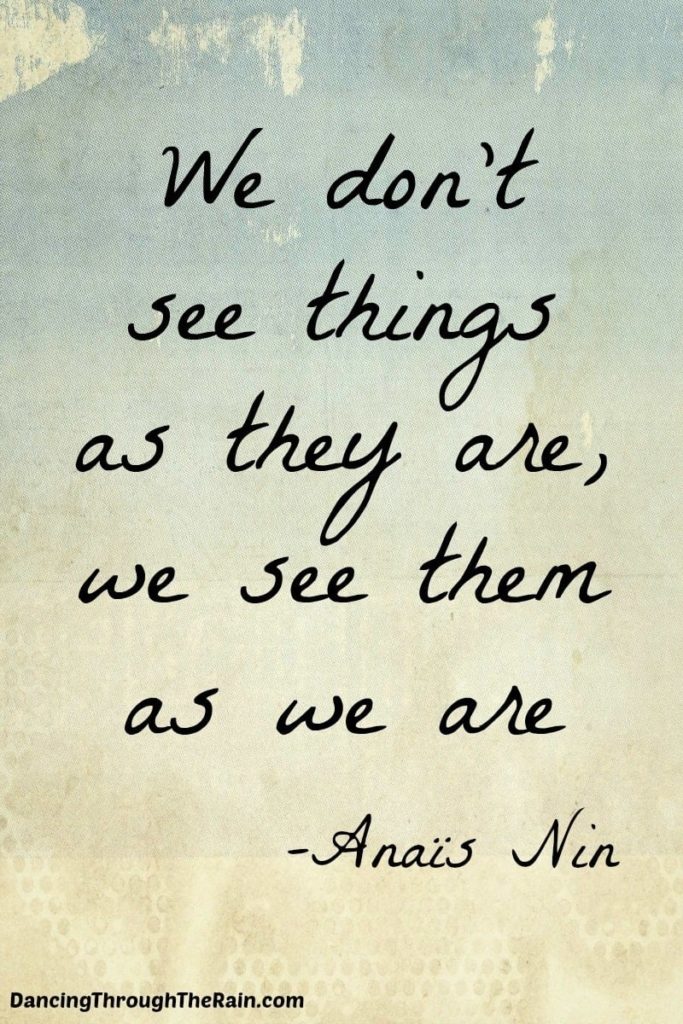
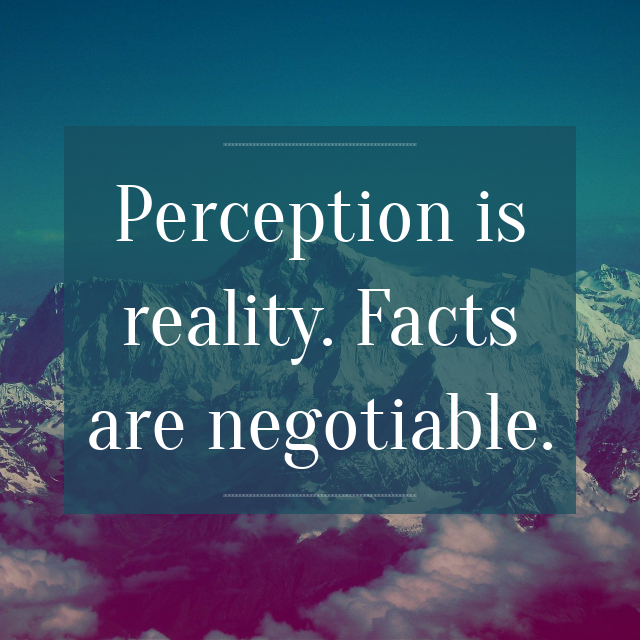
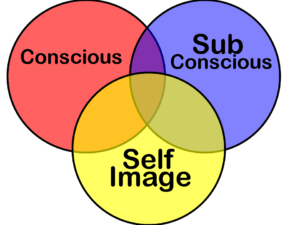 There are three parts to our mental processes. They are the conscious, subconscious and the often overlooked self-image. The conscious is where we “think our thoughts”. The subconscious is where our skills are embedded (and much of our programming such as our values and beliefs are stored). The Self Image, according to Lanny Bassham, is often missed or overlooked.
There are three parts to our mental processes. They are the conscious, subconscious and the often overlooked self-image. The conscious is where we “think our thoughts”. The subconscious is where our skills are embedded (and much of our programming such as our values and beliefs are stored). The Self Image, according to Lanny Bassham, is often missed or overlooked.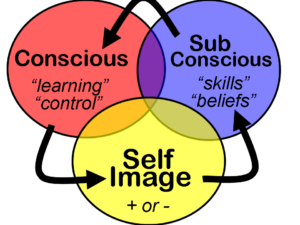
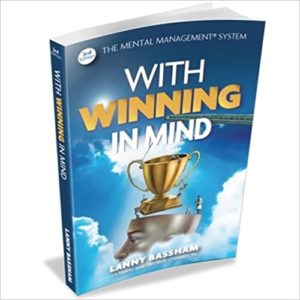 What he found out was what he turned into his Mental Management system and used to win the gold medal in the next Olympic games.
What he found out was what he turned into his Mental Management system and used to win the gold medal in the next Olympic games.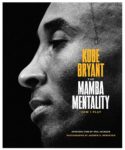
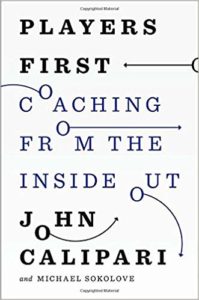


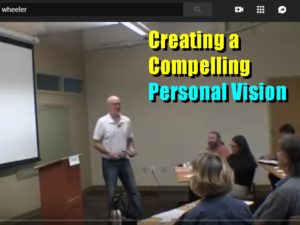
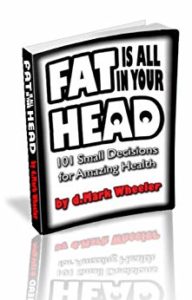
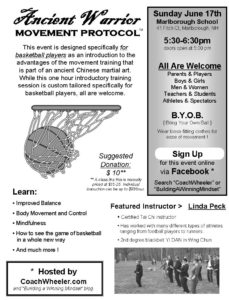
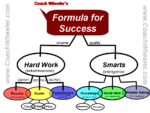
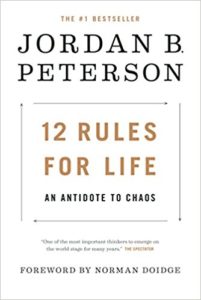
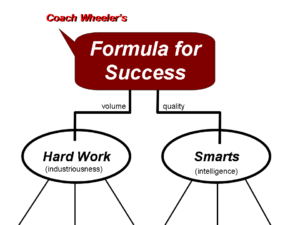 This probably won’t sound earth shattering but it should make immediate sense when you think about it. “The
This probably won’t sound earth shattering but it should make immediate sense when you think about it. “The  The Formula for Success has 3 parameters under “Hard Work”. They are (1) Passion, (2) Health and (3) Consciences. Let’s look at each in more depth.
The Formula for Success has 3 parameters under “Hard Work”. They are (1) Passion, (2) Health and (3) Consciences. Let’s look at each in more depth.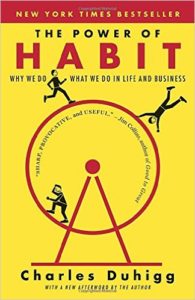
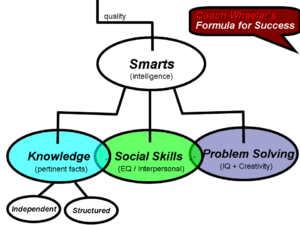 The second major component of Success is “Smarts” or “general intelligence”. Coach Wheeler breaks this down into 3 parts, (1) Knowledge, (2) Social Skills and (3) Problem Solving. Going back to Jordan B. Peterson, he has said that the studies show intelligence, as measured by IQ, is incredibly difficult to improve. On the other hand, Knowledge can continually be accumulated and you can gather facts or ideas that you can use across a wide variety of situations. Coach Wheeler also added Social Skills to his model for success and we will discuss how to build and leverage them more below.
The second major component of Success is “Smarts” or “general intelligence”. Coach Wheeler breaks this down into 3 parts, (1) Knowledge, (2) Social Skills and (3) Problem Solving. Going back to Jordan B. Peterson, he has said that the studies show intelligence, as measured by IQ, is incredibly difficult to improve. On the other hand, Knowledge can continually be accumulated and you can gather facts or ideas that you can use across a wide variety of situations. Coach Wheeler also added Social Skills to his model for success and we will discuss how to build and leverage them more below.
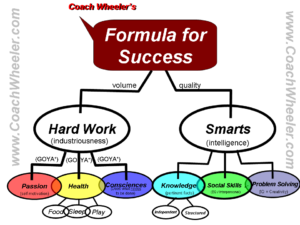
 If you want to coach a varsity team or even a college team, it is inevitable that you will, at one time or another, find yourself in front of an
If you want to coach a varsity team or even a college team, it is inevitable that you will, at one time or another, find yourself in front of an